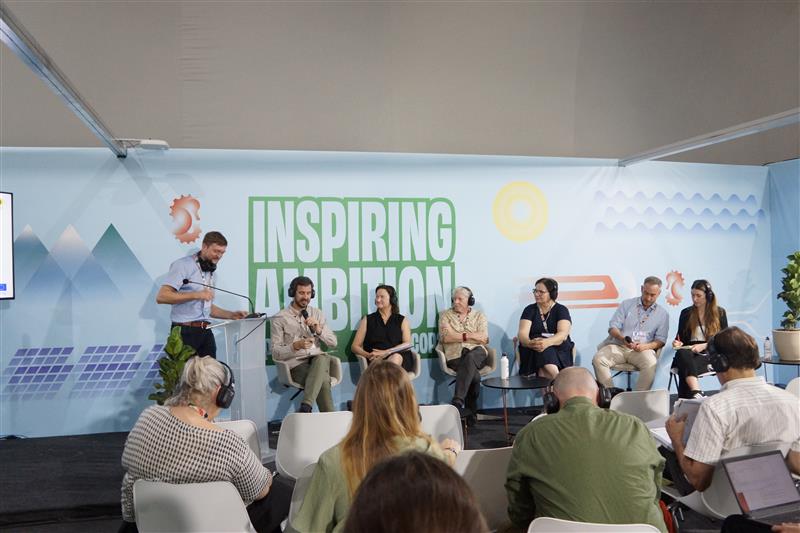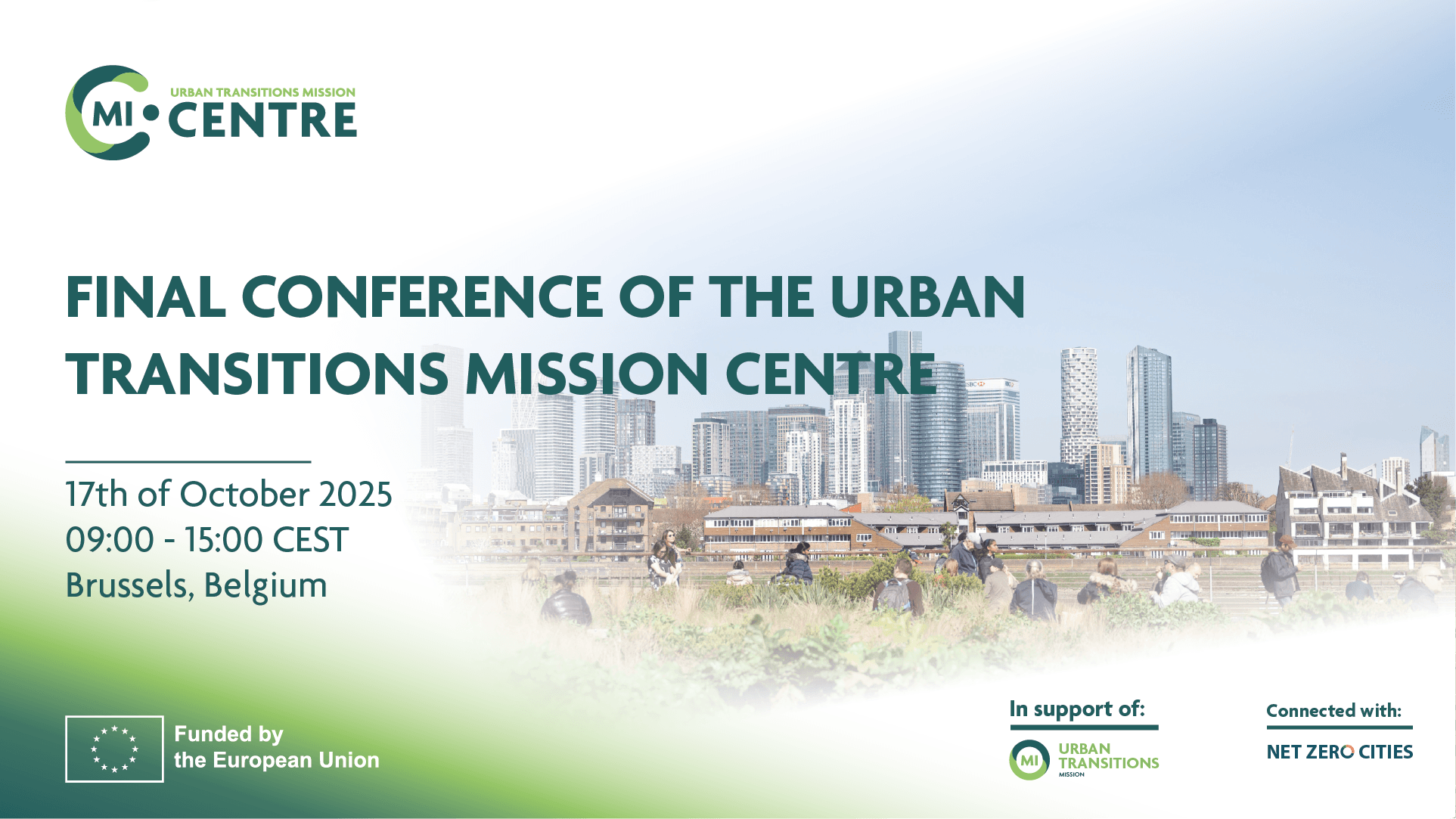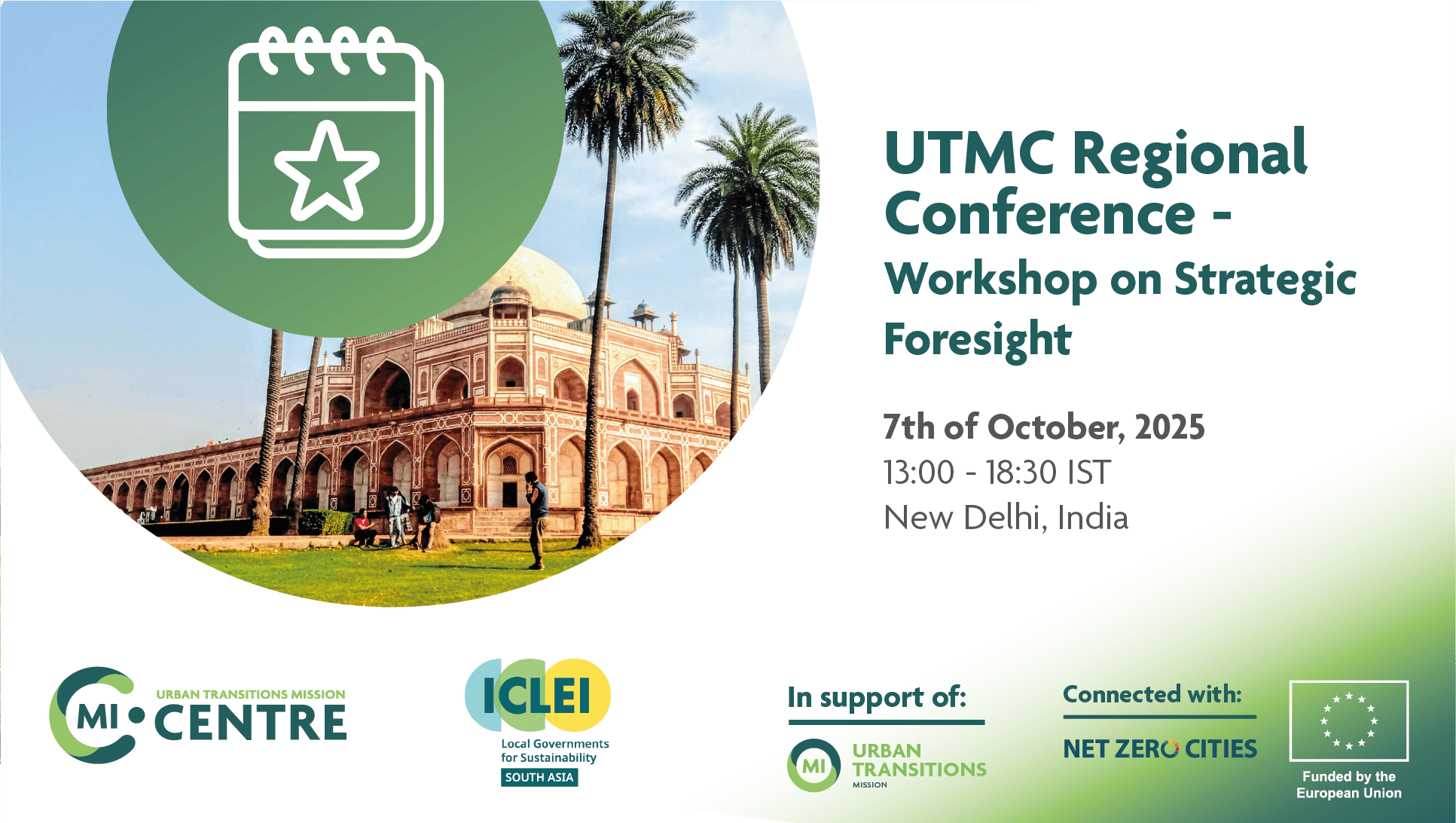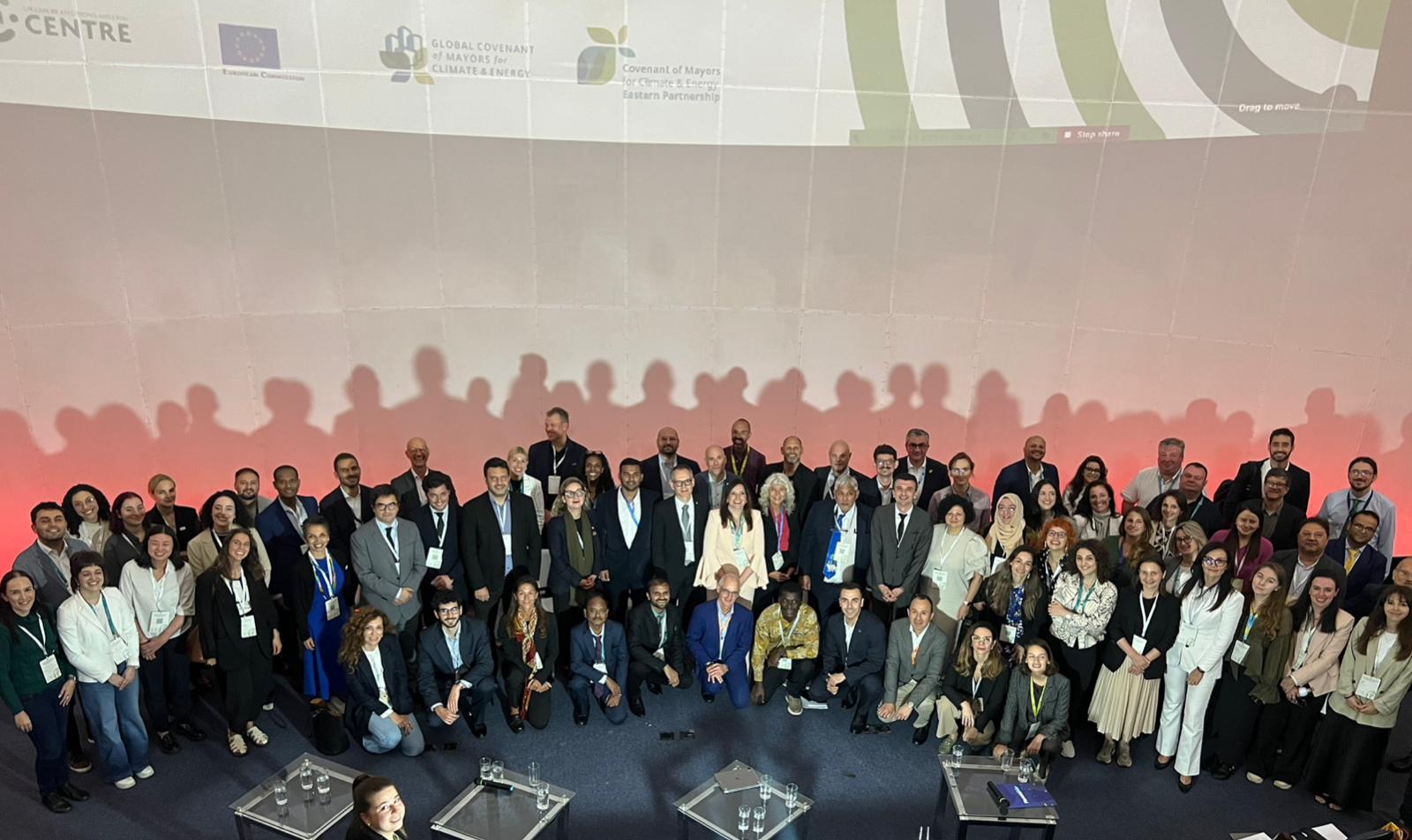The Urban Transitions Mission launches City2City, a new global twinning initiative connecting cities in dynamic peer-learning to co-create practical solutions for net-zero, resilient, people-centered urban futures.
Why City2City?
With a 106 cities strong cohort, we want to facilitate small groups to solve common challenges and accelerate innovative solutions together.
Cities engaging in the twinnings will support each other to boost sustainable urban development towards net-zero strategy through a practical exchange on how to design, implement and manage sustainable urban practices in an integrated and ambitious way.
Who is eligible?
UTM City2City is open to all cities. Both current UTM cities and prospective UTM cities can apply.
Prospective UTM cities simply need to also submit an application to join the cohort before the UTM City2City programme deadline on September 4.
As a successful candidate, you will be paired with up to 2 other cities sharing the same topic of interest, allowing all parties to build up cooperation and share concrete experiences.
Join a people-centred community aiming for solutions.
“Community is at the core of how we are working with cities, institutions and the private sector at UTM, we are aiming for people and localities powering change through innovation and focusing on implementation mechanisms,” shares Giorgia Rambelli, director of UTM. “City2City is UTM’s nudge to further facilitate these connections and implement solutions on the ground.”
This novel twinning programme will help UTM’s cohort – current and prospective cities – create a wider sense of community, experience innovation in urban transitions, define new training needs and R&I priorities, as well as identify and scale new pilot actions.
Focus on concrete action across the globe
City representatives engaged in each City2City pairing will meet at least four times over the course of a year, through series of interactive sessions:
- Interactive webinars & online workshops: to share knowledge on challenges faced, best practices, and to access expertise from academia and to explore innovative solutions.
- Virtual Networking Sessions: to foster partnerships between cities, researchers, and businesses engaged in the pairing.
- In-Person Exchange: to come together during the Global Innovation Summit and other key international events hosted in or attended by UTM cities. When relevant, UTM will facilitate study visits to a leading city to observe successful urban transition initiatives, meetings with local officials, and interactive work sessions.
Cities with ambitious goals and a drive to replicate inspirations which withstood practical testing and/or implementation are highly encouraged to apply for this twinning programme!
Boost your innovation through cooperation
By joining the UTM Twinning programme, your city will:
- LEARN: Get access to new ways of approaching challenges and benefit from knowledge from global experts and from a wider pool of urban good practices to draw upon
- SHARE: Help others to solve issues by sharing your own experiences, testing innovative solutions and relaying lessons you have learned
- EXCHANGE: Open your city to dialogue and partnership with new global peers and relevant stakeholders (public and private)
- SHOWCASE: Profile your best practices and achievements internationally
- PILOT: Work in a deep exchange environment with new partners who include academia and the private sector to make your vision of sustainable urban development a reality.
This is not training. This is co-creation.
UTM City2City is a space for mutual support, exchange, experimentation and innovation.
UTM City2City illustrates that a local solution can have a global reach.
UTM City2City strives for participants to leave the programme with a pilot.
Cities are encouraged to apply to UTM City2City as soon as possible – the deadline has been extended to 4 September!
The UTM City2City programme is funded by the European Union under Grant Agreement n. 101102296 — MI UTM — HORIZON-MISS-2024-CIT-IBA of the Horizon Europe programme. Views and opinions expressed are those of the author(s) only and do not necessarily reflect those of the European Union.







